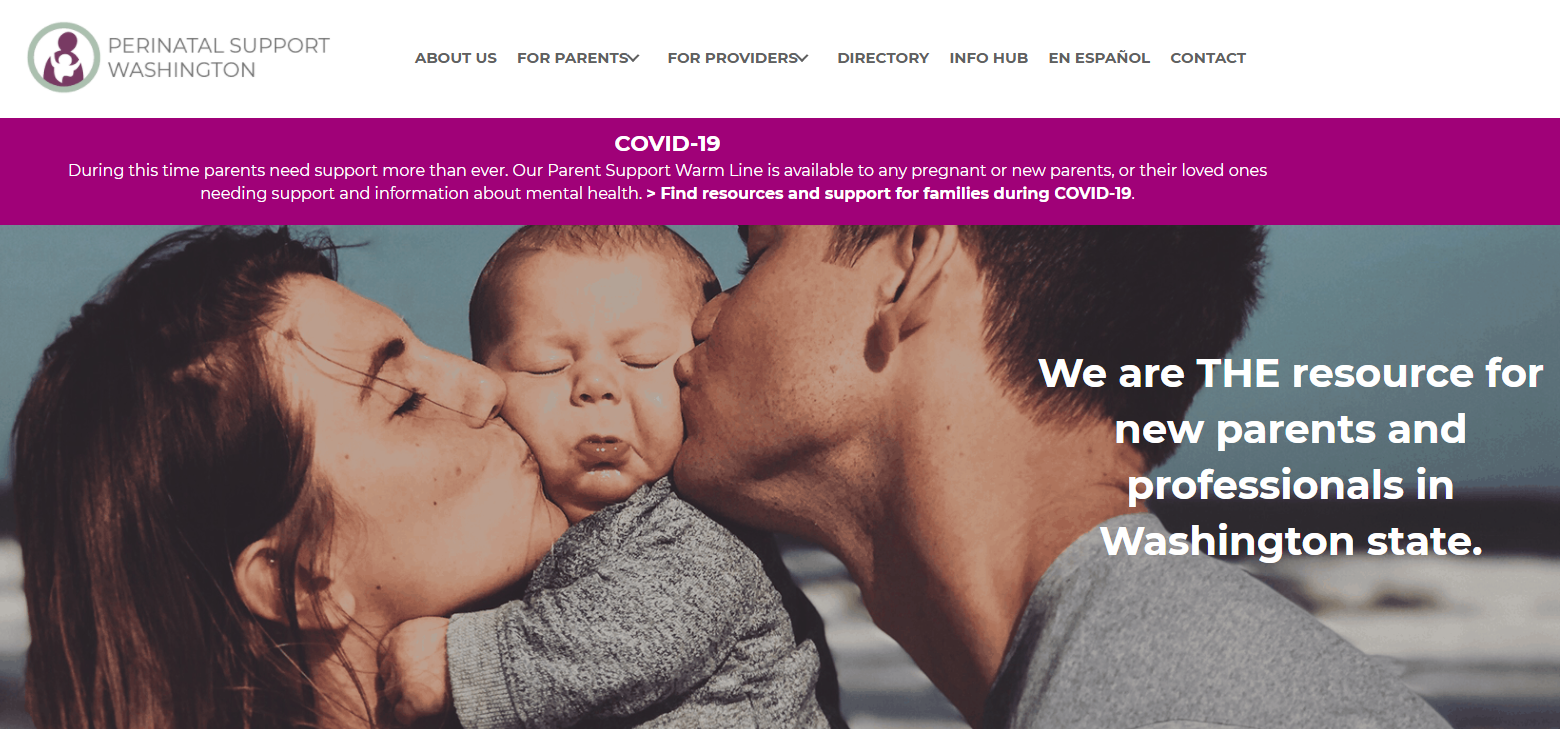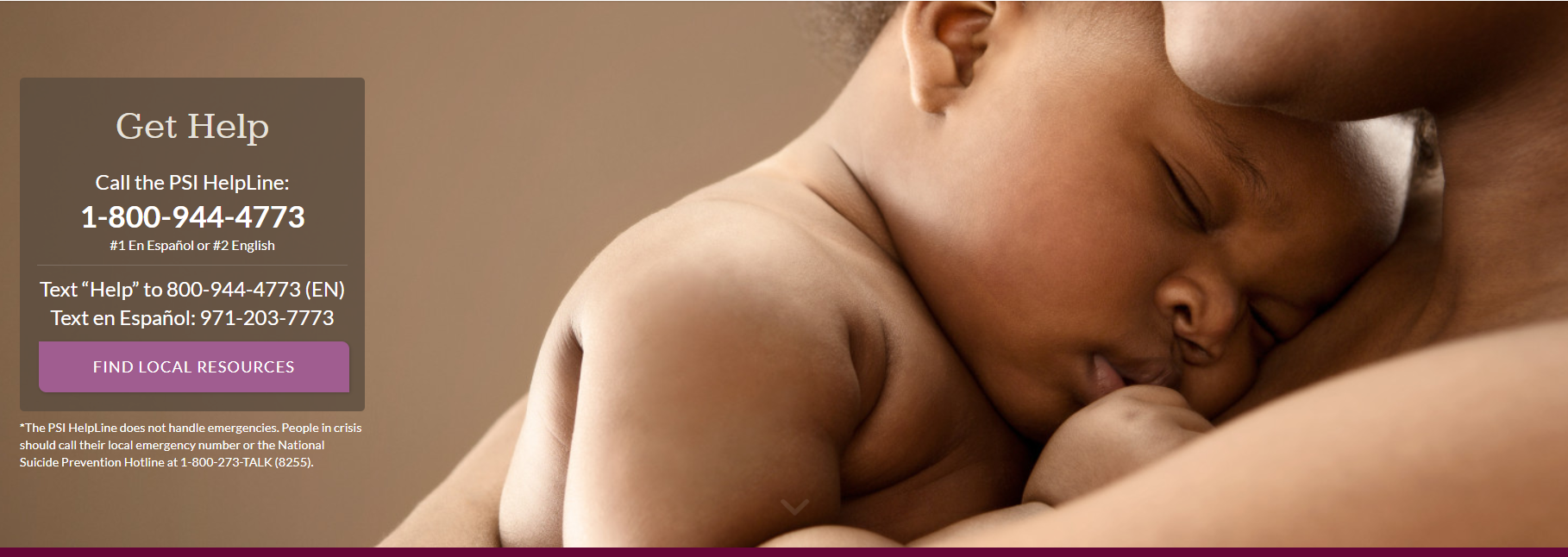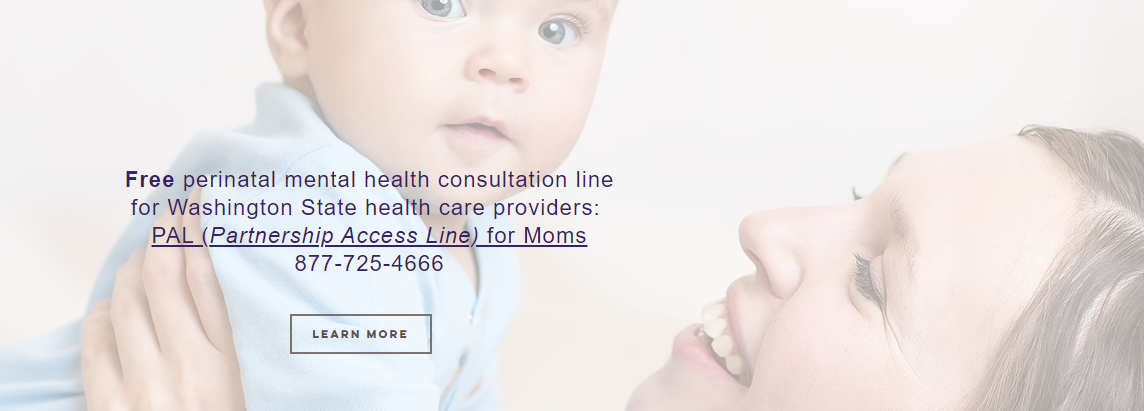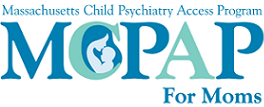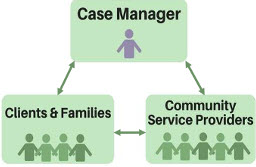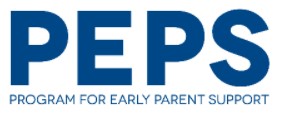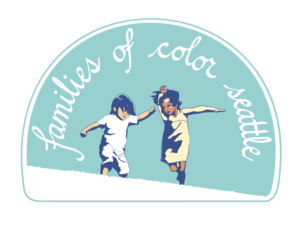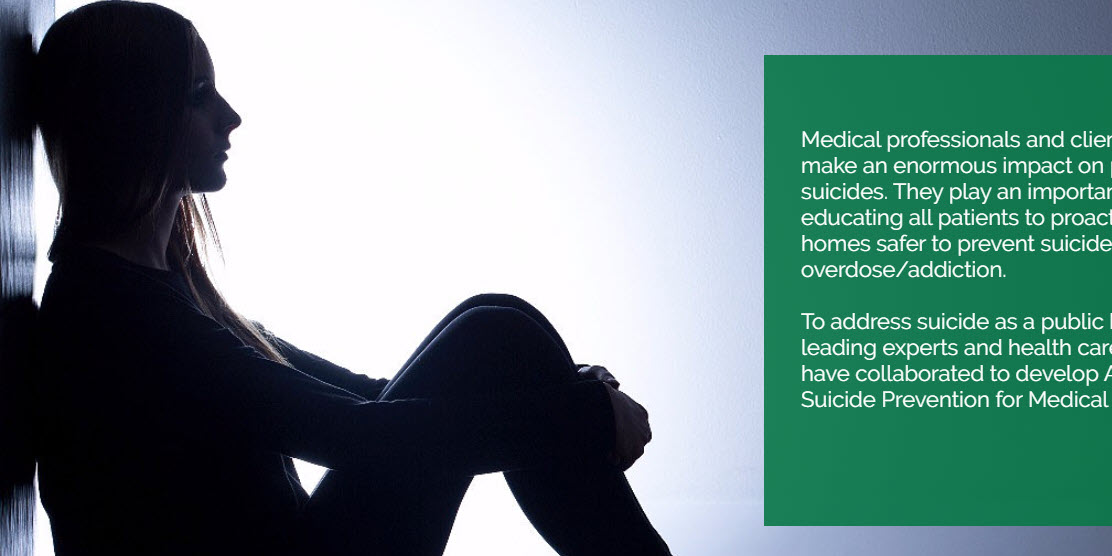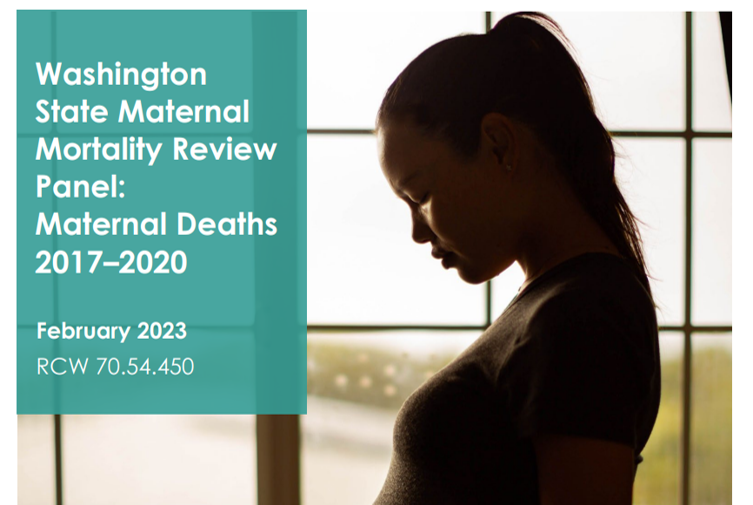Resources
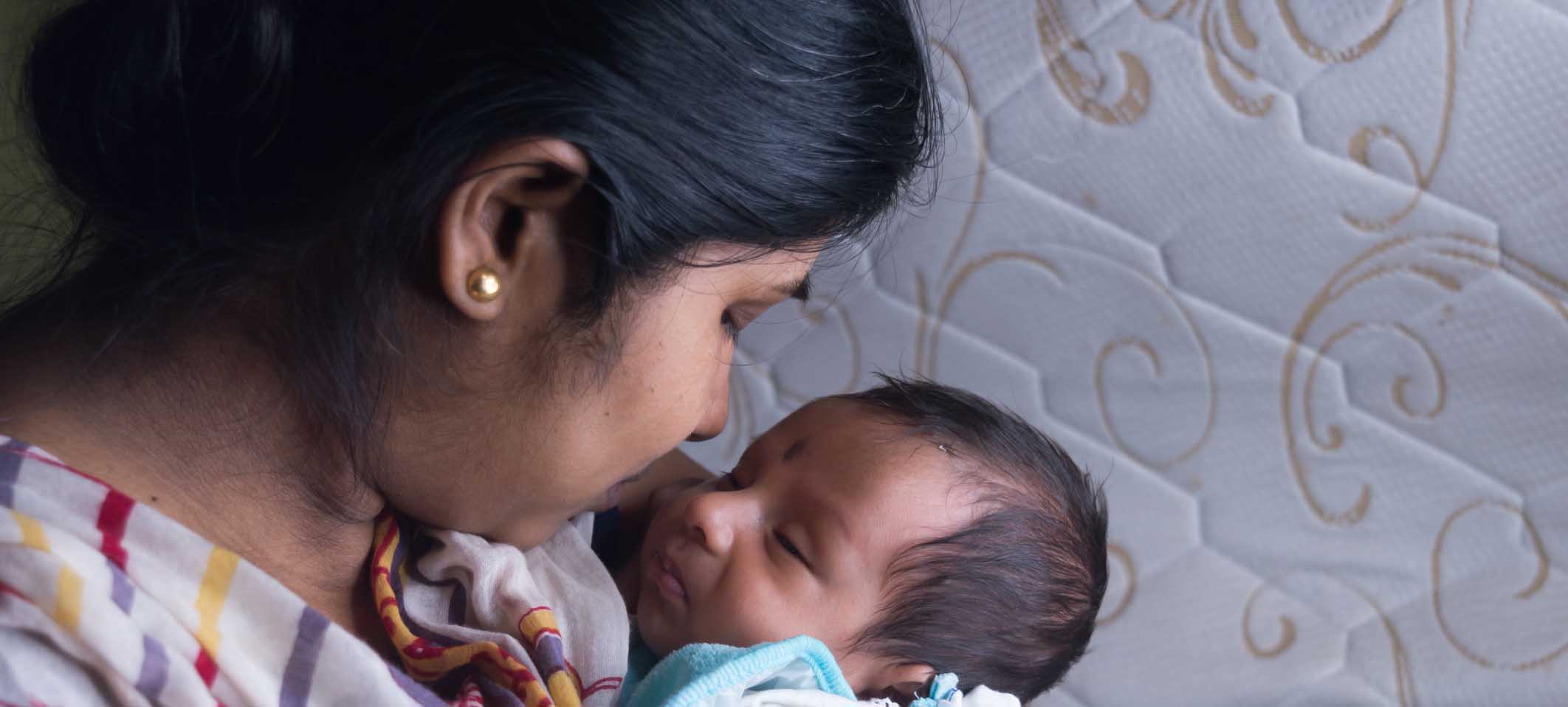
Perinatal Mental Health Support Resources
- PERINATAL MENTAL HEALTH
-
Perinatal Support Washington
A great place to start for a wealth of information and resources. The first weeks and months of being a new parent can be overwhelming, but you don't have to do it alone. Call, text, or email Perinatal Support Washington. They offer help navigating the complicated mental health system, provide information and referrals to local providers, and can complete a postpartum wellness plan. Some key direct links provided below:Provider directory: Find therapists, doulas, support groups, medication providers, and more in your community.
Client referrals: Find programs providers can refer to
Training and tools: Provider trainings and events hosted by Perinatal Support Washington
Warm line: Offers parent, peer and profession support.
Chemical Using Pregnant Women (CUPW)s Programs
Individuals who are pregnant, covered through Washington Apple Health, and have a substance use history may be eligible to receive CUP Women services provided by a CUP Women provider.
The CUP Women Program is an inpatient, up to 26-day, hospital-based program for adult or adolescent individuals.
Perinatal Mental Health Care Guide: Care guide, screening tools, and resources for providers
Perinatal Mental Health Resources for Providers
UW Partnership Access Line for Moms (PAL for Moms)
Postpartum Support International
Dedicated to helping families suffering from postpartum depression, anxiety, and distress.UW Partnership Access Line for Moms (PAL for Moms)
A free telephone consultation service for health care providers caring for patients with mental health problems who are pregnant, postpartum, or planning pregnancy. Any health care provider in Washington State can call.In this month's PAL for Moms monthly newsletter Good to Know section, Amritha Bhat, MD, focuses on suicide in the perinatal, and especially postpartum periods, and provides practical recommendations.
Run The Numbers -- Reimbursement Potential for Screening
Washington State Perinatal Collaborative, WSPC, is a volunteer group of public and private organizations, agencies and individuals committed to improving care and outcomes for the state’s pregnant mothers, newborns, and infants.
Indispensable decision support resource for women's health care providers—reliable and relevant, grounded in scientific evidence, and developed through a rigorous and inclusive process.
Links to crisis lines and mental health and substance use resources for parents and providers
- OPIOID USE IN PREGNANCY
-
Chemical Using Pregnant Women (CUPW)s Programs
Individuals who are pregnant, covered through Washington Apple Health, and have a substance use history may be eligible to receive CUP Women services provided by a CUP Women provider.
The CUP Women Program is an inpatient, up to 26-day, hospital-based program for adult or adolescent individuals.
MCPAP for Moms promotes maternal and child health by building the capacity of providers serving pregnant and postpartum women and their children up to one year after delivery to effectively prevent, identify, and manage mental health and substance use concerns.
Substance Use Treatment in Washington
Patients enrolled in Apple Health qualify to get treatment for a substance use disorder. Priority for treatment goes to pregnant and postpartum individuals.
Parent Child Assistance Program (PCAP)
PCAP is an award winning, evidence‐informed home visitation case‐management model for pregnant and parenting women with substance use disorders. PCAP goals are to help mothers build healthy families and prevent future births of children exposed prenatally to alcohol and drugs.
Overdose education, learn about naloxone, get help for opioid use disorder, resources for professionals
- PARENTING
-
Program for Early Parent Support (PEPS)
PEPS offers weekly parent-child support groups throughout King and Snohomish Counties to parents of children under age three. Sessions are facilitated by both volunteers and professionals. Open enrollment. Some partial and full income-based scholarships are available.
Connecting parents to build a loving community of families of color. Their programs include parent groups, community resources and events, and racial equity consulting. They specialize in community dialogues, workshops, and consulting on race, family engagement, and anti-bias education.
Help Me Grow WA is a free service that connects parents and caregivers to resources in their community. Help Me Grow Washington is powered by a resource grid of more than 6,000 programs and services across the state such as early childhood development screening, application assistance for health insurance, or help finding a food bank, parenting class or low-cost medical clinic.
Register and join Help Me Grow webinars:
Events — Help Me Grow - Pierce County (helpmegrowpierce.org)
Zero to Three is a national, nonprofit organization that informs, trains, and supports professionals, policymakers, and parents in their efforts to improve the lives of infants and toddlers. Also provides online resources for parents.
- QUALITY IMPROVEMENT
-
Institute for Healthcare Improvement, IHI, is a great resource for quality improvement and PDSA information.
- TRAINING FOR PERINATAL PROVIDERS
-
FREE training to state providers until the end of November 2021.
Interactive, online suicide prevention training made by and for medical professionals. It offers an engaging and informative option for providers to become better skilled at suicide prevention. Perspectives of real patients coupled with practical skills help medical providers transfer what they learn to their practice and community.
Moms' Access Project (MAP) ECHO
Perinatal Psychiatry Case Conference Series is a 10-session CME-accredited program providers in Washington State who want to care for their perinatal patient's substance use and mental health.
- VALIDATED SCREENING
-
Patient Health Questionnaire Screeners (in 30 languages) PHQ-9 and PHQ-2 GAD-7 (brief anxiety screener)
- OTHER RESOURCES
-
Foundation for Health Care Quality
Obstetrical Care Outcome Assessment Program (OBCOAP): OB COAP is a collaborative quality improvement program helping obstetrical care providers deliver optimum care to the childbearing people and the babies they take care of. The goal of OB COAP is to facilitate the cycle of utilizing data to inform knowledge to generate practice change. To enable this process, OB COAP members have access to a host of both standardized and customizable real-time reporting tools at the patient, provider, provider-group, hospital, system and program aggregate level.
The Maternal Mortality Review Panel was established to participate in a multi-level review process of maternal deaths within the state and produce a report every three years to the state Legislature with findings and recommendations for preventing future maternal deaths. Findings in the 2023 Report to the Legislature suggest that 80% of pregnancy-related deaths were preventable.
RESEARCH PAPER in "BMC Pregnancy and Childbirth"
Engagement in perinatal depression treatment: a qualitative study of barriers across and within racial/ethnic groupsResearchers examined care engagement factors across and within race/ethnicity to better understand previously observed racial/ethnic disparities in perinatal depression treatment.

